10 Hulu Shows Critics and Fans Agree Deserve Their Masterpiece Status
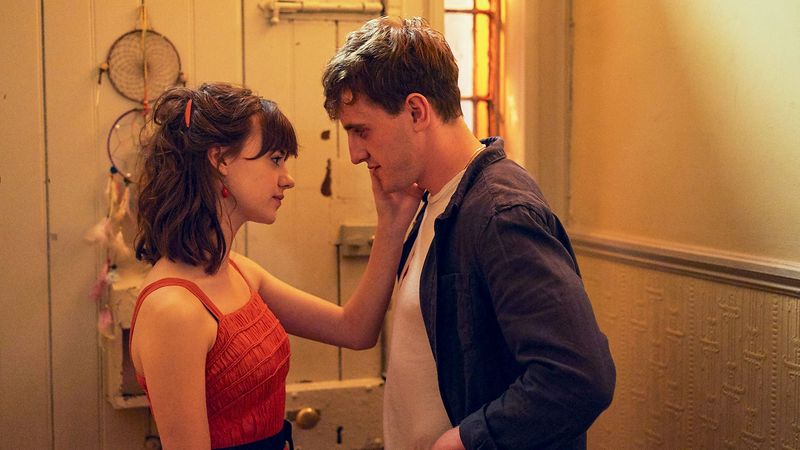
Great television isn’t just watched—it’s felt, debated, and remembered. Hulu has quietly built a powerhouse lineup that critics praise and fans defend with equal passion, spanning sharp political dramas, inventive comedies, and gripping thrillers.
These shows don’t simply entertain; they raise the bar for modern storytelling. Dive in to discover the 10 series where critical acclaim and audience enthusiasm meet—and see why each one has truly earned its masterpiece status.
1. The Handmaid’s Tale (2017–2025)
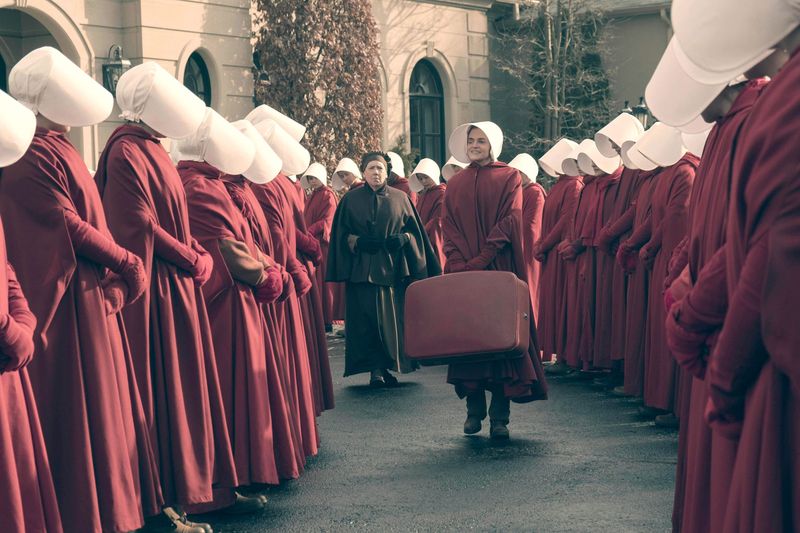
Hulu’s defining prestige drama wields its power through haunting imagery, meticulous world-building, and performances that sear. Elisabeth Moss anchors a narrative that transforms personal survival into a blistering political indictment.
Each season refines its aesthetic—icy palettes, exacting frames, and chilling silence—until the atmosphere feels ritualistic. The show’s morality play never turns didactic; it trusts viewers to navigate complicity and resistance.
Awards followed, but its resonance runs deeper: a mirror held to institutions, fear, and hope. Even at its bleakest, flashes of rebellion breathe. The result is a daring adaptation that reshapes Atwood’s warnings into modern myth.
2. Only Murders in the Building (2021–Present)
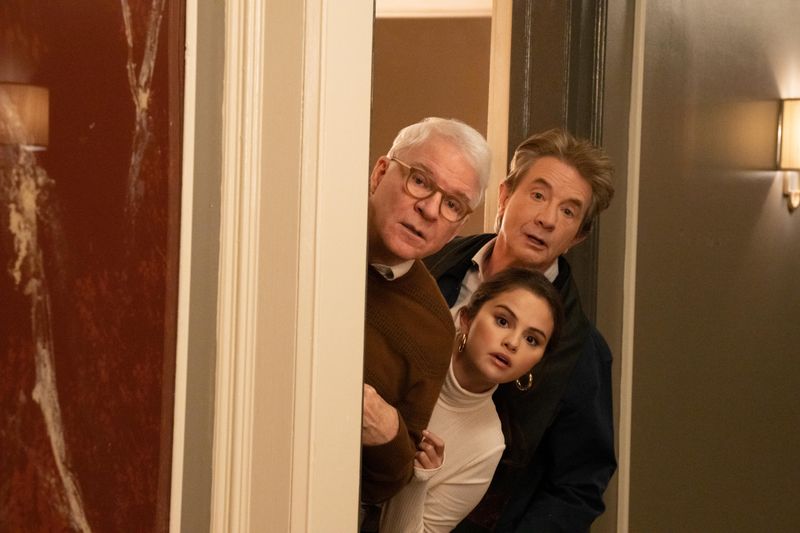
Part cozy mystery, part showbiz satire, this charmer turns an Upper West Side building into a theatrical playground. Steve Martin, Martin Short, and Selena Gomez spark a cross-generational chemistry that feels effortlessly fresh.
The series winks at true-crime obsessions while crafting real stakes and emotional through-lines. Its puzzles are clever, but the heart is in unlikely friendship and reinvention.
Visual flair—split screens, title-card gags, and genre experiments—keeps the storytelling nimble. Critics laud its balance of warmth and wit; audiences binge for the banter and reveals. It’s the rare comedy that’s genuinely comforting and consistently smart.
3. Normal People (2020)
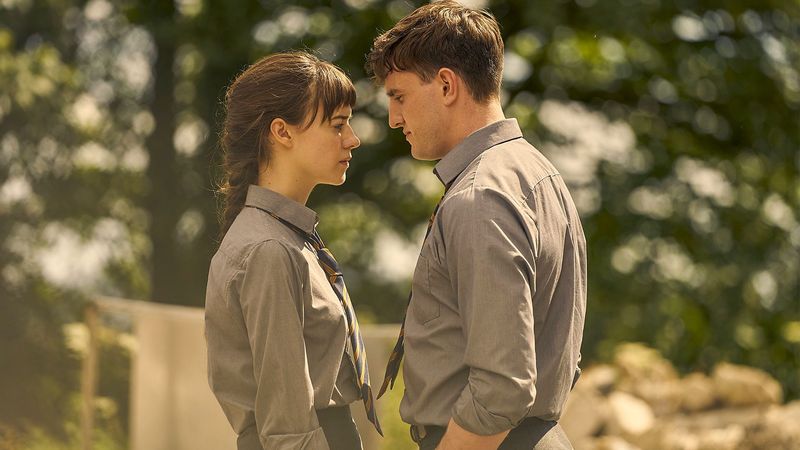
Few romances capture breath and silence like this tender adaptation of Sally Rooney’s novel. It’s a series of looks, hesitations, and courageous admissions, rendered with exacting intimacy.
Daisy Edgar-Jones and Paul Mescal ground vulnerability in tiny gestures—hands, pauses, breath. The direction resists melodrama, favoring minimalist spaces where emotion reverberates.
Conversations linger, misunderstandings bruise, and growth arrives quietly. Critics praise its honesty; fans find echoes of first love’s ache. The result is an atmospheric portrait of connection, class, and the maps we make of each other.
4. The Great (2020–2023)
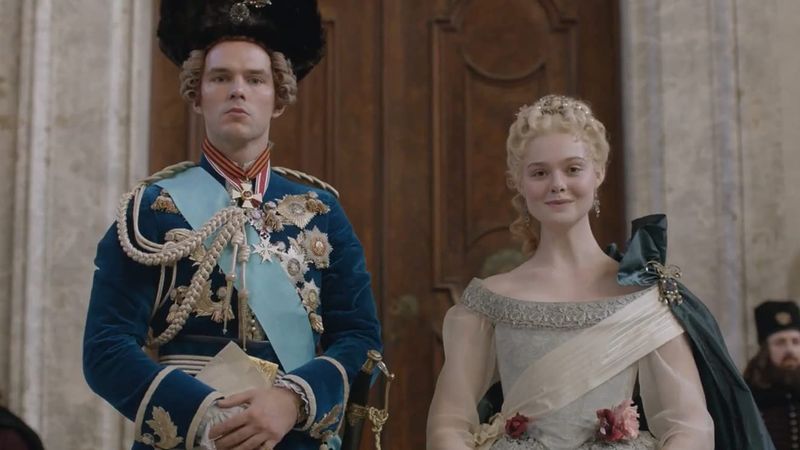
Huzzah—history, skewered with venomous wit. The Great reimagines Catherine’s ascent as a riotous, profane fairy tale where satire slices sharper than any saber.
Elle Fanning radiates ambition and curiosity, while Nicholas Hoult weaponizes charm into chaos. The writing dances between farce and tragedy, exposing power’s rot and seduction. Lush production design and candy-colored costumes set a deliciously deceptive stage.
Jokes land with contemporary bite, yet the emotions feel timeless. Critics cheer its audacity and rigor; viewers savor its swagger. It’s a court comedy with consequences, a feminist fable that refuses reverence, and a feast of gleeful subversion.
5. Black Cake (2023)
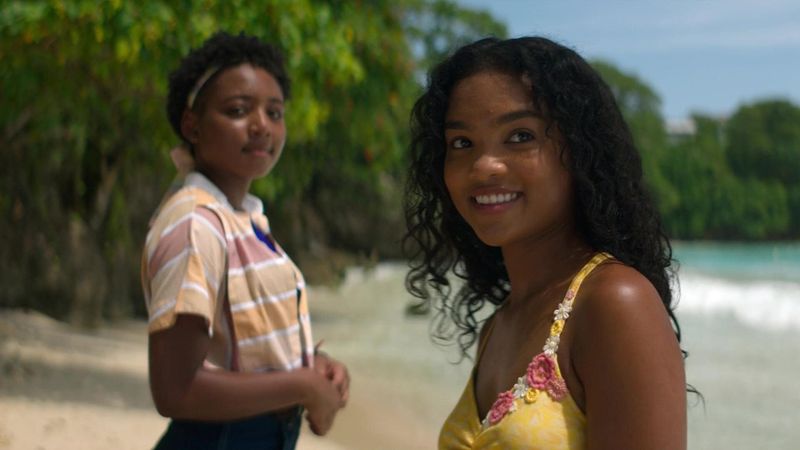
Black Cake braids mystery with memory, whisking past and present into a sumptuous narrative. Family secrets aren’t simply revealed; they’re tasted, dense with history and migration. The series moves with lyrical patience, letting identities surface like islands from fog.
Performances glow with restraint, while direction favors evocative textures—salt air, sugar, and sorrow. Critics embraced its emotional intelligence and cultural specificity, citing a standout Rotten Tomatoes run.
Fans connect to its tender investigation of inheritance and truth. It’s a story about recipes and reinvention, how we preserve ourselves through what we pass down—and what we finally confess.
6. The Bear (2022–Present)
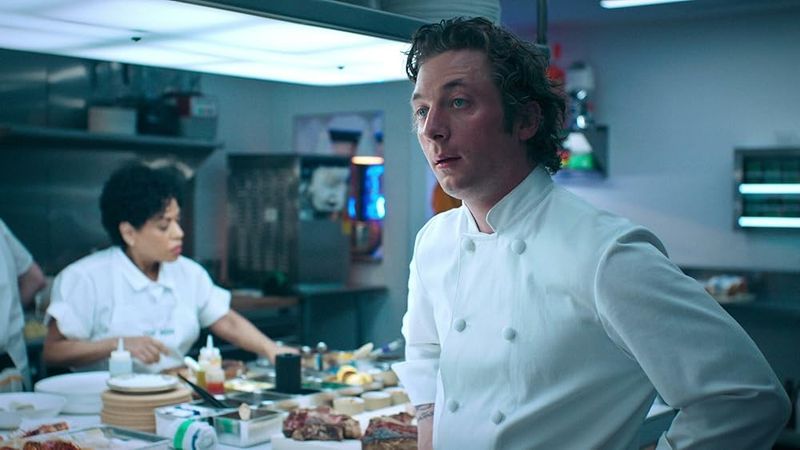
Knife-edge tension meets aching humanity in this kitchen crucible. The Bear conducts chaos like music: clangs and shouts crescendo into moments of fragile grace. Jeremy Allen White and ensemble craft characters who feel lived-in, scarred, and striving.
Episodes experiment boldly—single-take panic, bottle episodes, family flashbacks—without losing heartbeat. Food becomes metaphor and memory, plated with care and grief.
Critics hail its craft; fans cling to its catharsis. It’s about systems and second chances, mis en place and making amends. Under pressure, tenderness survives. The result is a modern classic that tastes of sweat, love, and reinvention.
7. Ramy (2019–2022)
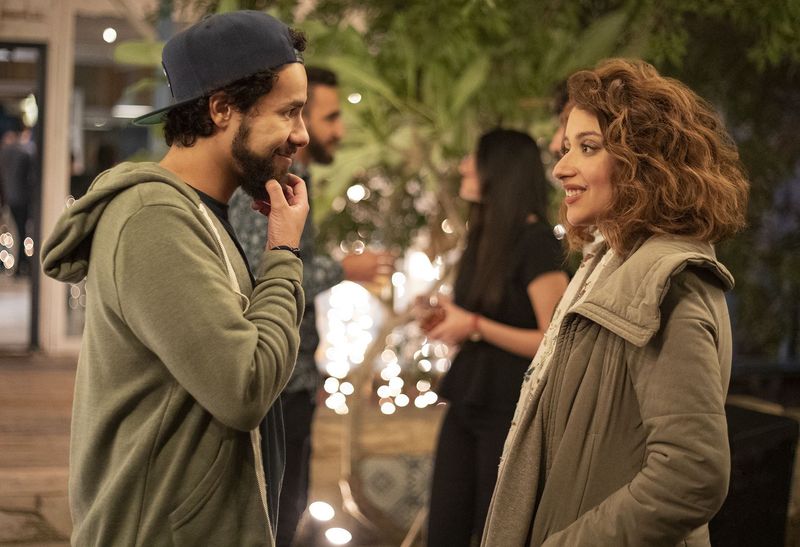
Ramy threads faith, desire, and identity with disarming candor. It’s funny, uncomfortable, and bravely self-interrogating, refusing easy absolution. Episodes move like parables gone sideways, finding grace in contradictions.
Ramy Youssef’s performance anchors a world of flawed seekers and sharp humor. Formal risks—character spotlights, moral detours—deepen empathy. The series pushes representation beyond tokenism, embracing messiness and nuance.
Critics celebrated its originality and daring; audiences found recognition and friction. It asks not who’s right, but how to live honestly. In its awkward, searching beats, Ramy becomes a luminous study of modern spirituality and the dreams we negotiate.
8. Mrs. America (2020)
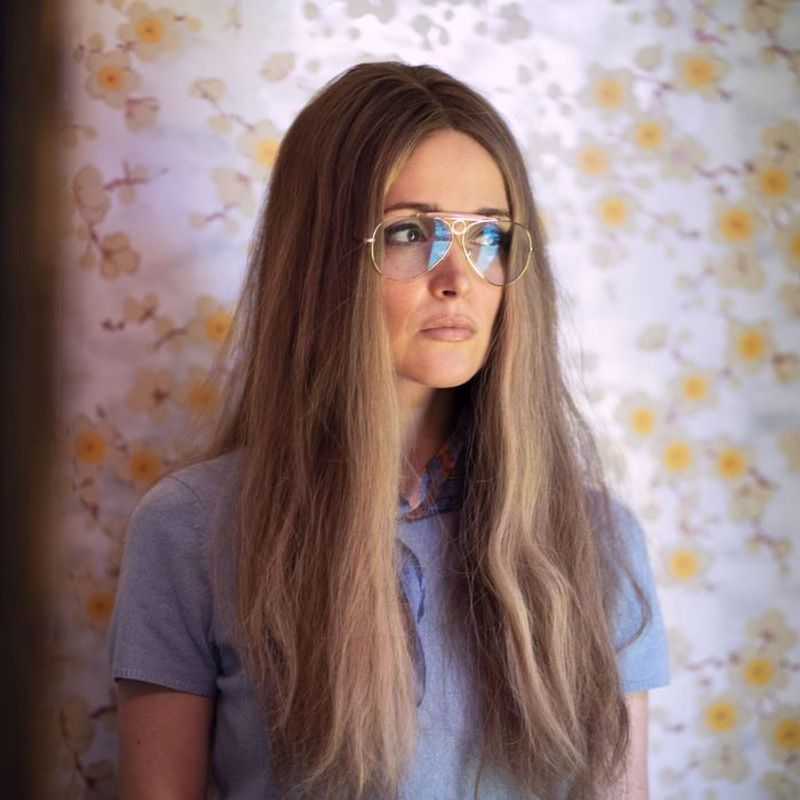
Precision storytelling meets galvanizing performances in this portrait of the Equal Rights Amendment battles. Cate Blanchett’s steely poise refracts power, persuasion, and paradox. The ensemble—Davis, Aduba, Byrne—renders a sprawling movement intimate and contested.
Each episode is a miniature history seminar, but the writing flows with dramatic clarity. Costumes and production design transport without nostalgia, tracking how media frames ideology. Critics praised its balance: empathetic yet unsparing, meticulous yet propulsive.
It’s history neither embalmed nor simplified, asking who narrates progress and at what cost. The series leaves a resonant echo: victories are fragile, and backlash is strategy.
9. Little Fires Everywhere (2020)
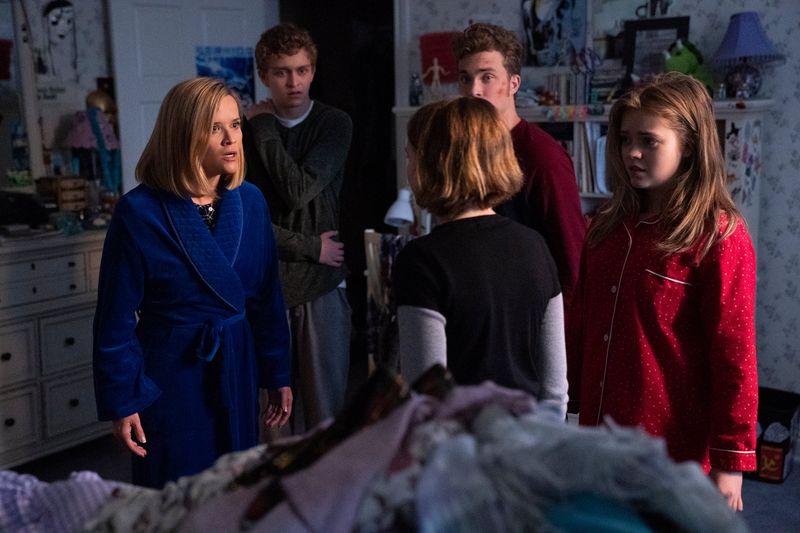
Under perfect lawns, secrets smolder. Kerry Washington and Reese Witherspoon spark against each other, embodying clashing visions of motherhood, privilege, and control.
The series unspools like a matchbook—tiny frictions ignite sweeping consequences. Visuals favor warm tones tinged with smoke, echoing simmering resentment. Adapting Celeste Ng’s novel, it preserves complexity, refusing clean villains.
Teen storylines deepen the moral knot, exploring identity, art, and belonging. Critics praised its layered performances and social acuity; viewers devoured the twists. By the final blaze, the show reveals how control masquerades as care—and how truth demands heat.
10. Paradise (2025)
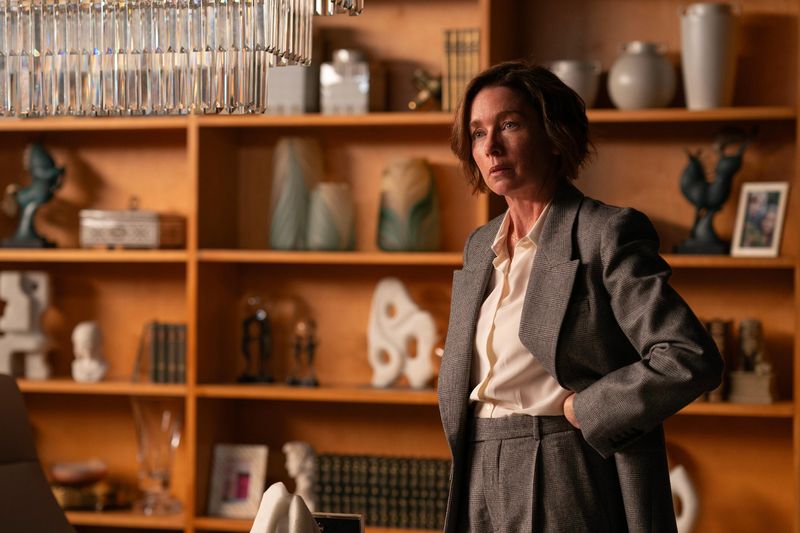
Paradise arrives fully formed—polished, precise, and pulsing with unease. Sterling K. Brown commands the frame, threading moral ambiguity through every measured decision.
The show blends statecraft with intimate fallout, where alliances shift like light on glass. Set pieces are taut, but the quieter interrogations sting: who pays for order? Early reviews cite assured direction and muscular writing, while strong viewership signals rare event-TV energy.
Visual language favors sleek minimalism, letting performances carry quiet threat. It’s prestige thriller craft with a conscience, debuting as Hulu’s newest power player—and a masterclass in controlled burn storytelling.

Comments
Loading…